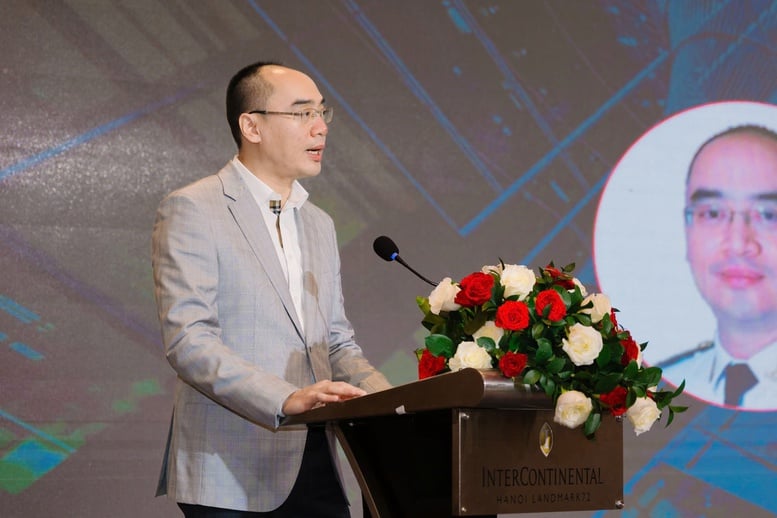
Deputy State Auditor General Bui Quoc Dung speaks - Photo: VGP/HT
Artificial intelligence - a push to innovate the auditing profession
This is the opinion of Deputy State Auditor General (SA) Bui Quoc Dung at the international conference "Auditing in the new era - Improving auditing capacity with AI", held on October 13, in Hanoi . The event brought together delegates from central agencies, the Association of Chartered Certified Accountants (ACCA), domestic and foreign auditing firms, banks, research institutes, universities and financial - auditing professional associations.
According to Deputy General Auditor Bui Quoc Dung: "Never in history has technology changed as quickly and profoundly as it does today. Artificial intelligence is reshaping every field - from manufacturing, finance, healthcare to education . And of course, the auditing industry - the field that ensures transparency and accountability in public administration - cannot stand outside that flow."
Mr. Bui Quoc Dung emphasized that AI is not only a tool, but also an opportunity to reinvent professional thinking. Auditors rely on evidence and reasoning, but traditional models are limited by time, manpower and sampling. With a huge amount of data, they are forced to select representative samples and then infer the whole – this makes the results may be incomplete and outdated.
AI and Big Data have revolutionized the way auditors process entire datasets, instead of analyzing individual pixels to detect errors, fraud, and unusual trends. Machine learning, deep learning, and natural language processing (NLP) algorithms are transforming vast troves of data—from documents, contracts, and reports—into searchable, collated, and analyzed information.
Thanks to that, auditing no longer stops at post-audit detection, but can forecast and warn early about risks in public spending - a shift from reactive to proactive.
Mr. Bui Quoc Dung added that many supreme audit institutions in the world have shifted to continuous monitoring and risk prediction. Causal analysis techniques are applied to assess policy impacts instead of just correlating data. Virtual audit assistants based on large language models (LLM) can now automatically search, compare and draft reports, monitoring tens of millions of transactions per month.
Building a digital audit ecosystem: Practical AI applications
Deputy Auditor General Bui Quoc Dung said that Vietnam is proactively keeping up with global auditing technology trends. The volume and complexity of public data – from taxes, insurance, public investment – has far exceeded the capacity of manual auditing.
For example, Vietnam Social Security processes 17 million participants each month, issues health insurance cards and millions of medical examinations each year. Or like the Tax Department, by the end of 2024, there were more than 950,000 enterprises declaring taxes electronically, submitting nearly 16 million records and nearly 150 million declarations. These are huge data pictures, continuously updated in real time, and if we continue to process them using traditional manual approaches, we will risk missing systemic risks and reducing the reliability of audit conclusions. Looking straight at the challenges and opportunities, the State Audit has chosen a proactive path: building a data platform, connecting and sharing with key ministries and branches; preparing storage and processing infrastructure; and simultaneously implementing AI projects that directly solve the professional problems of public audit.
The State Audit Office has initiated a big data platform, selected a suitable technology architecture and connected and shared with the Ministry of Finance, Vietnam Social Security, and the State Bank, creating a data warehouse of over 100 million records for audit analysis. The State Audit Office has built an audit technology ecosystem, in which 6 AI and data application software are being deployed in practice: from budget data analysis, risk assessment, financial transaction examination, to public investment monitoring and green spending assessment. These initial results confirm that AI does not replace auditors, but makes auditors stronger, more accurate, and more insightful.
"We have formed an audit technology ecosystem with six software applications of AI in practice, from budget data analysis, risk assessment, financial transaction examination, to public investment monitoring and green spending assessment. AI does not replace auditors, but makes them stronger, more accurate, and more insightful. AI helps auditors not only detect violations faster, but also forecast risks, recommend policies, and support public financial management - in line with the orientation of smart, proactive, and real-time auditing," Deputy Auditor General Bui Quoc Dung emphasized.
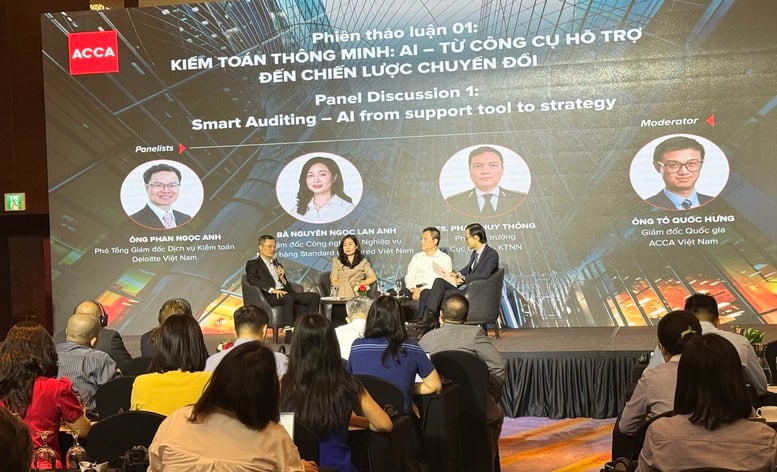
Representatives of enterprises and experts exchanged at the International Workshop "Auditing in the new era - Improving auditing capacity with AI" - Photo: VGP/HT
Mr. Phan Ngoc Anh - Deputy General Director of Deloitte Vietnam Audit Services shared: Applying AI in the entire audit process: from planning, risk assessment to drawing audit conclusions.
Deloitte leaders said that AI tools help analyze financial and non-financial data, detect unusual fluctuations in revenue, expenses or interest rates between bank branches over many years. Software such as Documentation AI can automatically record, convert speech into text, and build flowcharts to help auditors save time and avoid errors.
The Research Assistant tool also helps suggest audit procedures appropriate to each specific risk, instead of relying on subjective judgment. As a result, AI helps standardize the process of collecting audit evidence.
Along with the benefits, Mr. Ngoc Anh warned of challenges in data security and algorithmic bias. Deloitte has developed a trustworthy AI Framework with seven criteria: safety, transparency, fairness, accountability, efficiency, reliability, and security.
"AI is just a support tool, the person signing the report still has to take final responsibility," said Mr. Phan Ngoc Anh.
Representing the banking sector, Ms. Nguyen Ngoc Lan Anh - Director of Technology and Banking Operations, Standard Chartered Bank Vietnam shared her experience in implementing AI in risk management, finance, operations and cybersecurity.
Ms. Nguyen Ngoc Lan Anh said that the bank has cooperated with Fintech in Singapore to forecast exchange rates and detect fraud when customers open credit cards or loans. Globally, Standard Chartered has developed SCGPT, a generative AI model serving more than 70,000 employees in 41 markets, helping to record meeting minutes, draft customer letters, reduce operating costs by 68% and speed up data processing from 380 seconds to 8 seconds.
“AI is not the solution to every problem. The most important thing is to put risk control in from the beginning – like equipping safety brakes on a high-speed car,” said a representative of Standard Chartered Vietnam.
Mr. Pham Huy Thong - Deputy Director of the Department of Information Technology, State Audit Office, pointed out three major challenges when deploying AI in public audit: infrastructure, data security and human resources.
Firstly, the lack of synchronous technology infrastructure limits comprehensive implementation. KTNN has submitted a project to apply artificial intelligence and big data until 2026, which has been approved by the Ministry of Finance for funding and is expected to start early next year.
Second, the issue of data sharing between ministries and branches remains difficult despite the coordination regulations. The audit agency is preparing to connect to the National Data Center and coordinate with the Ministry of Public Security to ensure information security.
Third, the human resources for information technology and auditors are still lacking and uneven. To overcome this, the State Audit Office is organizing training courses on digital citizenship, information security, etc. In addition, the Ministry of Home Affairs has issued a policy to support 5 million VND/month for civil servants working in IT, encouraging the attraction of high-quality human resources to the public sector.
"These are solid steps to help the State Audit Office prepare to transition to smart auditing, ensuring transparency, safety and efficiency," said Mr. Pham Huy Thong.
Huy Thang
Source: https://baochinhphu.vn/tri-tue-nhan-tao-ai-mo-ra-ky-nguyen-moi-cho-nghe-kiem-toan-102251013143816991.htm



![[Photo] Prime Minister Pham Minh Chinh receives President of Cuba's Latin American News Agency](/_next/image?url=https%3A%2F%2Fvphoto.vietnam.vn%2Fthumb%2F1200x675%2Fvietnam%2Fresource%2FIMAGE%2F2025%2F12%2F01%2F1764569497815_dsc-2890-jpg.webp&w=3840&q=75)











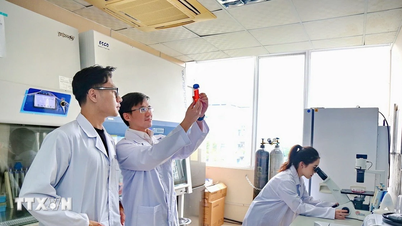

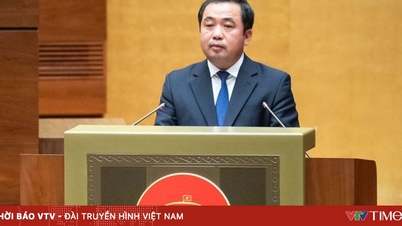

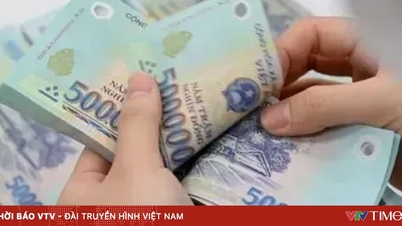
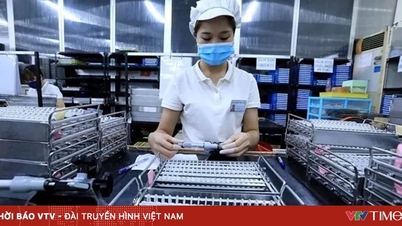
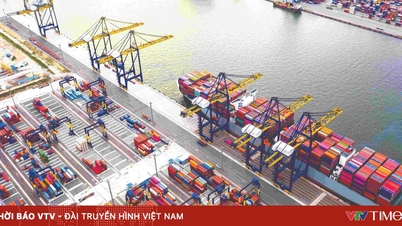
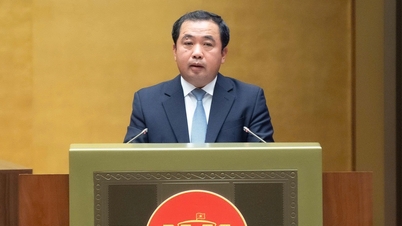







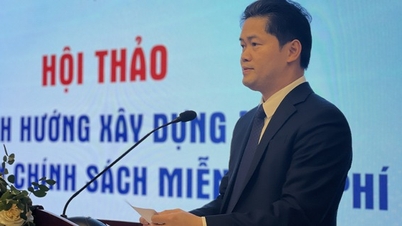
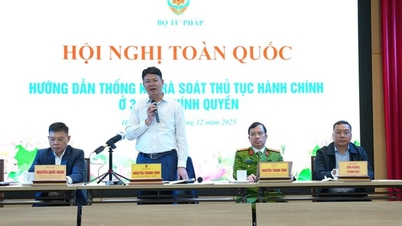
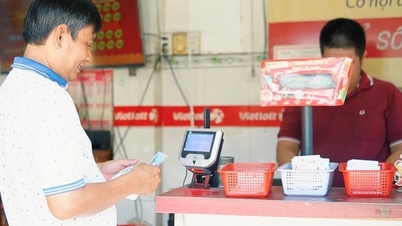












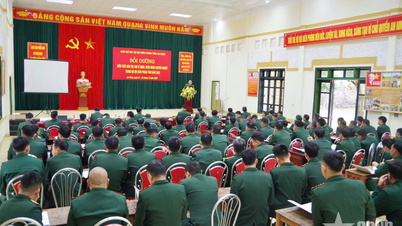



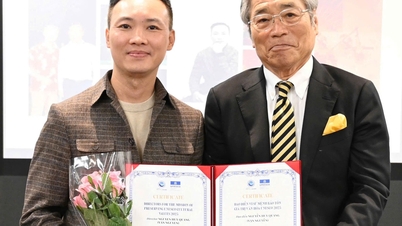



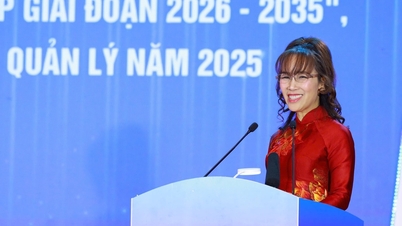

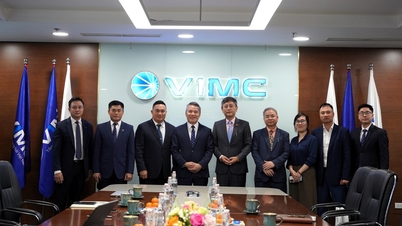




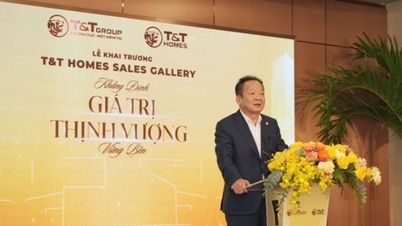













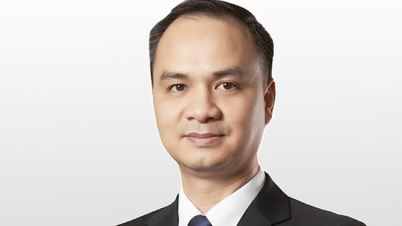


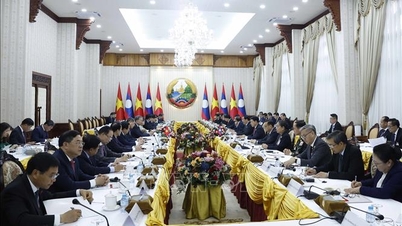



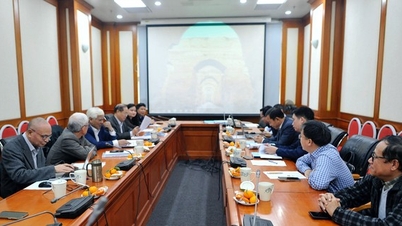


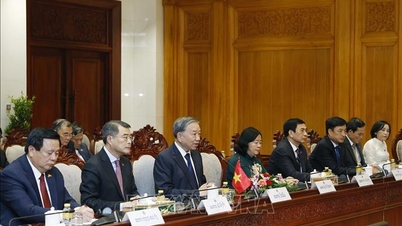


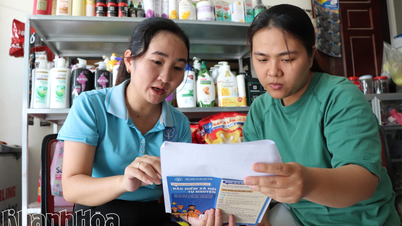
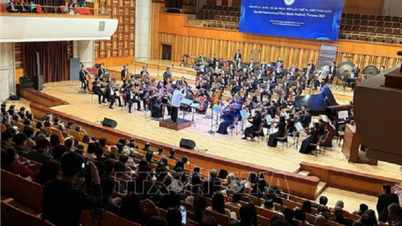


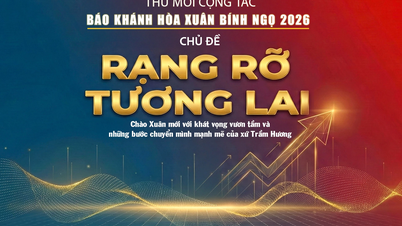
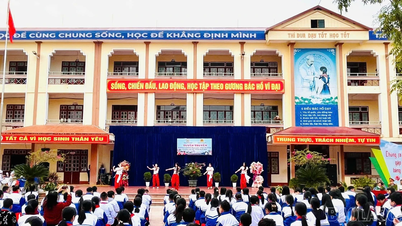













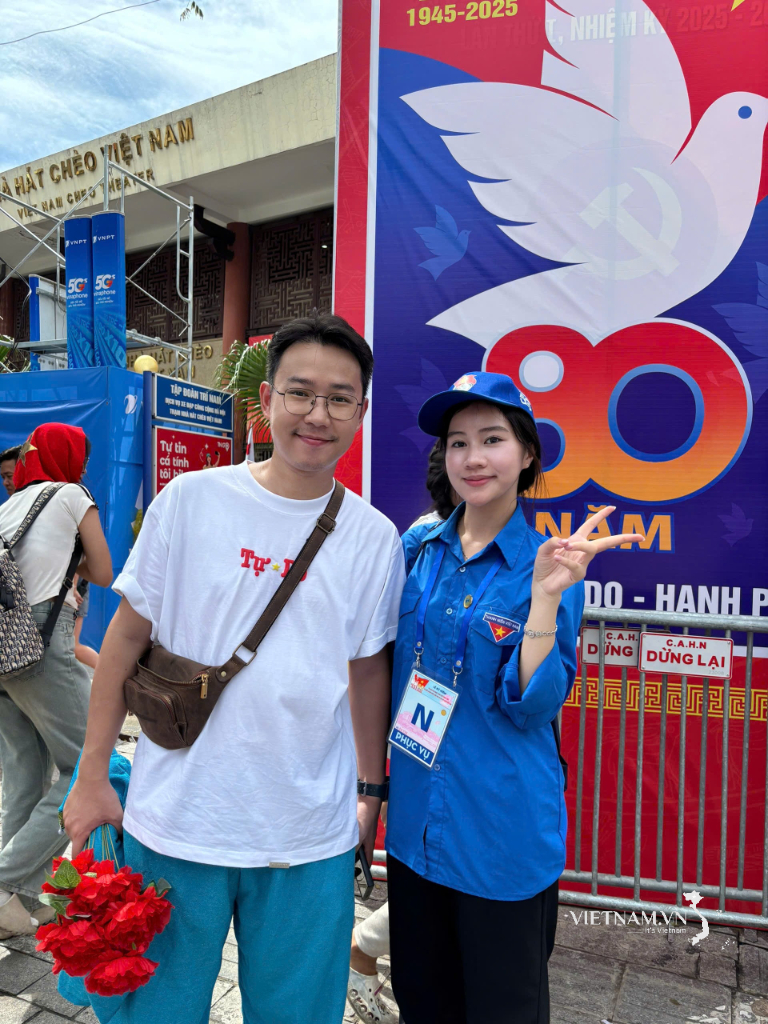
Comment (0)